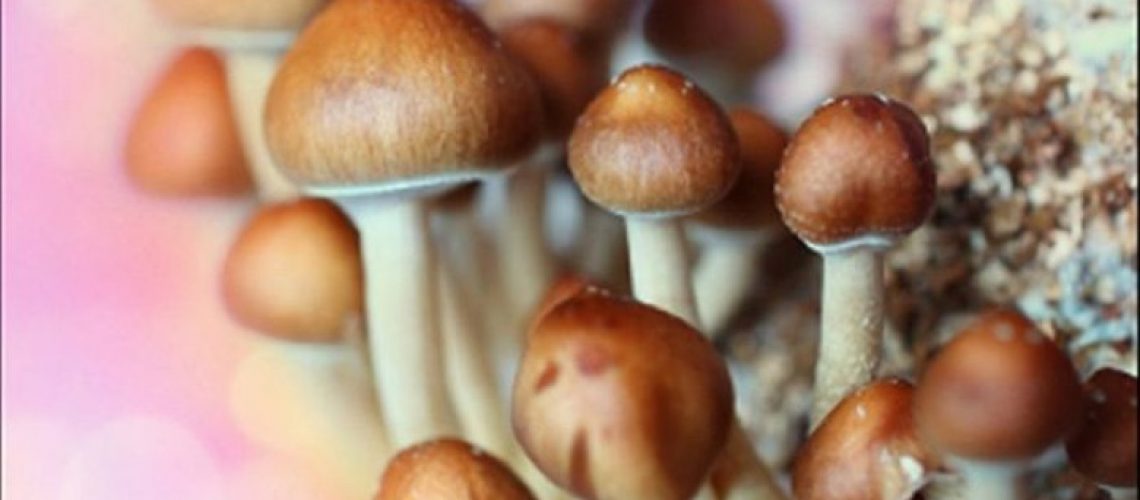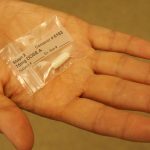PRISM President Dr Martin Williams talks with ABC Radio’s Beyond the Lab about the Psychedelic Renaissance.
Listen to the program here (27 minutes)
Drugs like LSD, magic mushrooms and MDMA don’t exactly have the best reputation.
Thanks to their unique place in pop culture, as well as almost 50 years of anti-drug campaigns, psychedelic and psychoactive substances are usually seen as nothing more than illicit street drugs.
But, many of these substances didn’t start out that way.
LSD and MDMA were both developed with potential medicinal uses in mind.
When Albert Hoffmann first combined lysergic acid with diethylamine in 1938 he was hoping to create something that would stimulate circulation and breathing.
In the case of MDMA, now more commonly known as ecstasy, when it was first synthesised more than a hundred years ago it�s creators intended to use the drug to stop abnormal bleeding.
However, in both these cases what caused the most excitement in the medical world was their potential use in psychiatric therapy.
Beginning in the early 50s studies began to show that LSD could be surprisingly effective at treating a range of psychiatric conditions including drug addiction, to alcoholism and even what we’d now call post traumatic stress disorder.
A little bit later MDMA found use in couples therapy and as a tool to allow patients to feel more comfortable and talk openly with their therapist.
Despite these early successes the stigma of their illicit use eventually killed off legitimate medical research into drugs like MDMA and LSD.
But that’s starting to change.
Psychedelic therapy is currently experiencing something of a renaissance and researchers are returning to MDMA, LSD and magic mushrooms in an effort to bring them back into the lab.
So far results have been promising – so promising in fact that the United States Food and Drug Administration recently designated MDMA a breakthrough therapy for the treatment of PTSD, putting in it on the fast track for approval to be used in general practice.
But, is all the excitement around psychedelic therapies enough for LSD, MDMA or even magic mushrooms to change their bad reputation?



